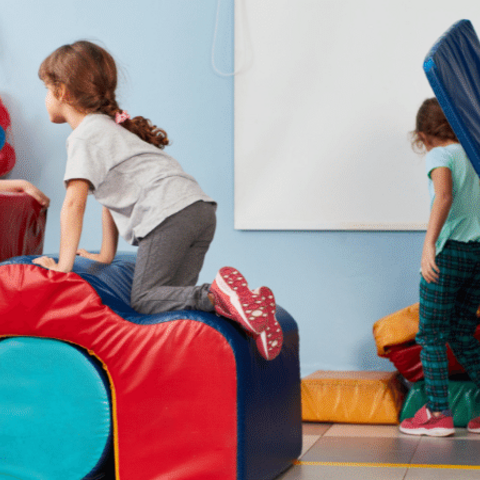
Caffeine is all around us. It’s in coffee, tea, soda, chocolate, energy drinks, and medications. Many people enjoy meeting up for coffee or sipping iced tea with a meal. But while caffeine can give you a quick boost of energy, it’s important to know how much is safe, especially at different ages.
People used to think caffeine could make you dehydrated. But now we know the fluid in caffeinated drinks helps make up for any fluid lost. Still, caffeine can cause other problems. It may upset your stomach or cause diarrhea. Having too much can also make it harder for your body to take in calcium, which is needed for strong bones. Caffeine might make you feel shaky, dizzy, or tired, like you might feel when your blood sugar is low. Caffeine stays in your system for 5 to 7 hours, so it’s best to avoid it in the afternoon and evening to protect your sleep.
- For children, caffeine should be avoided. There is no known safe amount for kids under 12. It can affect sleep, increase blood pressure, and lead to mood problems like anxiety or depression. Children under 5 should avoid drinks with caffeine completely. The American Academy of Child and Adolescent Psychiatry recommends that children aged 12 to 18 limit caffeine to 100 milligrams per day.
- For adults, the FDA states that up to 400 milligrams of caffeine per day (3 to 4 cups of coffee) is not generally associated with negative effects.
- During pregnancy, keep caffeine low because it can affect your baby’s sleep. The American College of Obstetricians and Gynecologists (ACOG) recommends no more than 200 milligrams per day, or about 2 cups of coffee. After the baby is born, caffeine can pass through breast milk, so it’s still a good idea to keep it under 300 milligrams per day.
Overall, caffeine should be used in moderation. It's important to pay attention to how your body feels and talk to a doctor if you have concerns, as caffeine affects each person differently. Drinking water, eating balanced meals, and getting good sleep are still the best ways to stay energized.
Sources:
Caffeine and Children, The American Academy of Child and Adolescent Psychiatry, 2020
Corkins, Mark, The Effects of Caffeine on Kids: A Parent's Guide, American Academy of Pediatrics, 2025
Maternal Diet and Breastfeeding, Centers for Disease Control and Prevention (CDC), 2024
Moderate Caffeine Consumption During Pregnancy, The American College of Obstetricians and Gynecologists (ACOG), 2023
Spilling the Beans, How Much Caffeine is too Much?, Food and Drug Administration (FDA), 2024
U.S. Department of Agriculture and U.S. Department of Health and Human Services. Dietary Guidelines for Americans, 2020-2025. 9th Edition. December 2020. Available at DietaryGuidelines.gov.
This article was written in 2025 by Hannah Harrison, Professional Student of Dietetics, University of Nebraska Medical Center. It was reviewed by Cindy Brison, Nancy Urbanec and Cami Wells.







